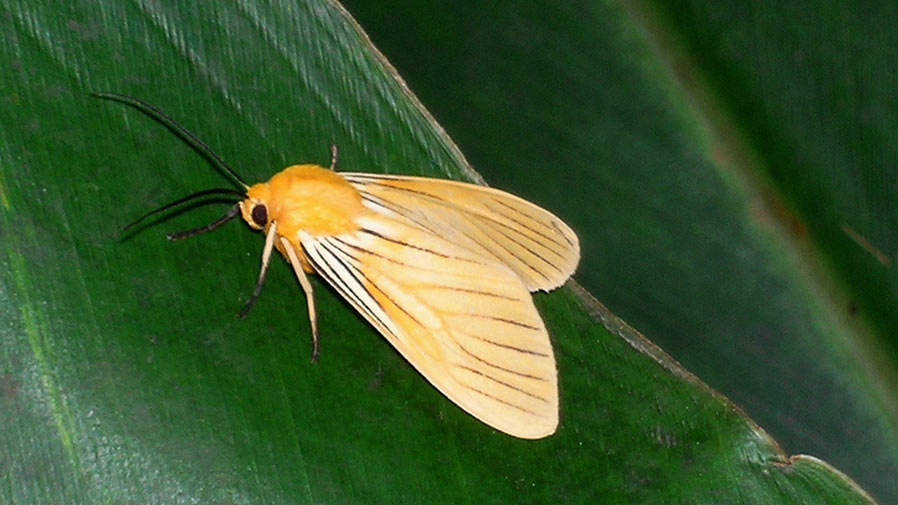
Baños, Ecuador – Black-veined Yellow Butterfly by Drriss & Marrionn; Creative Commons Licence.
In 2008, Ecuador codified the rights of nature within its Constitution. Articles 71–74 in particular recognise the rights of nature to respect; the maintenance and regeneration of its functions and processes; its restoration; the limitation or prevention of activities that, for example, might lead to species extinction or negative effects on ecosystems or natural cycles; and the right for people to benefit from the environment.
CHAPTER SEVEN Rights of nature
Article 71. Nature, or Pacha Mama, where life is reproduced and occurs, has the right to integral respect for its existence and for the maintenance and regeneration of its life cycles, structure, functions and evolutionary processes.
All persons, communities, peoples and nations can call upon public authorities to enforce the rights of nature. To enforce and interpret these rights, the principles set forth in the Constitution shall be observed, as appropriate.
The State shall give incentives to natural persons and legal entities and to communities to protect nature and to promote respect for all the elements comprising an ecosystem.
Article 72. Nature has the right to be restored. This restoration shall be apart from the obligation of the State and natural persons or legal entities to compensate individuals and communities that depend on affected natural systems.
In those cases of severe or permanent environmental impact, including those caused by the exploitation of nonrenewable natural resources, the State shall establish the most effective mechanisms to achieve the restoration and shall adopt adequate measures to eliminate or mitigate harmful environmental consequences.
Article 73. The State shall apply preventive and restrictive measures on activities that might lead to the extinction of species, the destruction of ecosystems and the permanent alteration of natural cycles.
The introduction of organisms and organic and inorganic material that might definitively alter the nation’s genetic assets is forbidden.
Article 74. Persons, communities, peoples, and nations shall have the right to benefit from the environment and the natural wealth enabling them to enjoy the good way of living.
Environmental services shall not be subject to appropriation; their production, delivery, use and development shall be regulated by the State.



